Driving into Greenwood after dark, we pull into a gas station and ask directions to a late-night grocery store. ‘Sir… I have a suggestion,’ says a young man in the queue. ‘I’ll be going that way in this big old box.’ He waves towards a magnificently clapped-out Chrysler at the fuel pumps. ‘Y’all just follow me.’ Our convoy proceeds to the store at 25mph with no turn signals. Then, with another wave, our Good Samaritan turns and rumbles back towards the gas station. He wasn’t really going our way at all.
A little later the Crystal Rooms restaurant reopens its just-closed kitchen for our small party. ‘We’ll feed y’all… come right in,’ says the owner Johnny Ballas. Next morning Howard Smith, part-time country singer and full-time proprietor of Smith and Co. department store (demure fashion downstairs, guns, knives and traps upstairs), gives us a personal performance of Willie Nelson and George Jones songs from a chair on the balcony.
Next, the receptionist at the Staplcotn farm co-operative invites us in for coffee when we pause to admire the old building. Finally, deep in the country, we pass a pick-up driver who somehow knows we’ve taken a wrong turn and waits to offer directions when we reappear. (‘Ah knew y’all would be back down here real soon.’)
The American South can be like that — flipping visitors from one gratuitous act of kindness to another like a benevolent pinball machine. But it’s as well to remember that five white Europeans would have been welcomed just as warmly 70 years ago, when racist southerners were committing atrocities so vile that their stain still lingers today.
The murder of 15-year-old Emmett Till near Greenwood in 1955 was so shocking it lit a fire under the nascent civil rights movement. This black boy, raised in more liberal Chicago, was staying with relatives when he went into a village store and cheekily flirted with the white owner’s wife. For this mistake he was kidnapped, beaten, tortured and shot dead. His disfigured body was then dumped in the Tallahatchie River. The store owner and his brother were acquitted of murder by an all-white jury, but later confessed to a magazine that paid them for their story.
How do you square this historic evil with its flipside of warmth and hospitality? Perhaps one way is to make sure it is never forgotten. At the site of that long-demolished village store is an official plaque telling the story of Emmett Till. It’s one of 22 markers on the Mississippi Freedom Trail, a sobering companion to the state Blues Trail.
We find the same frankness further south in Natchez, where stories of segregation and shame sit at the heart of a powerful and moving timeline that fills a wall of the visitor centre. Inspired to find out more, we take a driving tour of African-American history, which focuses on the town’s former slave market. Time with our guide Jeremy Houston is well spent. A former US Marines sergeant, he set up the business after two tours of duty in Afghanistan followed by recovery from leg wounds at Selly Oak military hospital in Birmingham (England, not Alabama). He is also, aged 28, a local election candidate.
But perhaps the one thing that will stay with me from our tour is the way Jeremy says ‘enslaved person’ as opposed to ‘slave’. A small but important distinction, and one of the many personal ways that the South is putting its past to rest.
The post Mississippi hospitality appeared first on The Spectator.
Got something to add? Join the discussion and comment below.
Get 10 issues for just $10
Subscribe to The Spectator Australia today for the next 10 magazine issues, plus full online access, for just $10.
You might disagree with half of it, but you’ll enjoy reading all of it. Try your first month for free, then just $2 a week for the remainder of your first year.

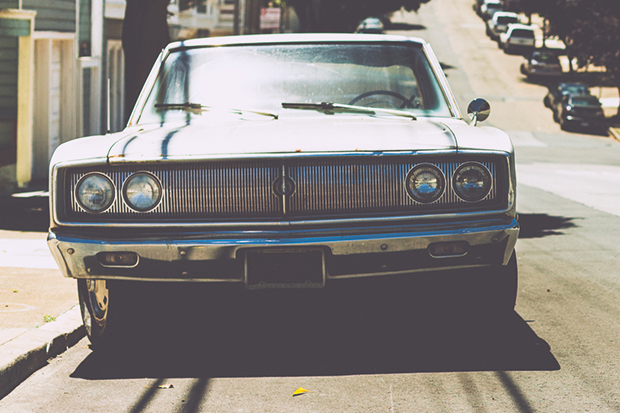
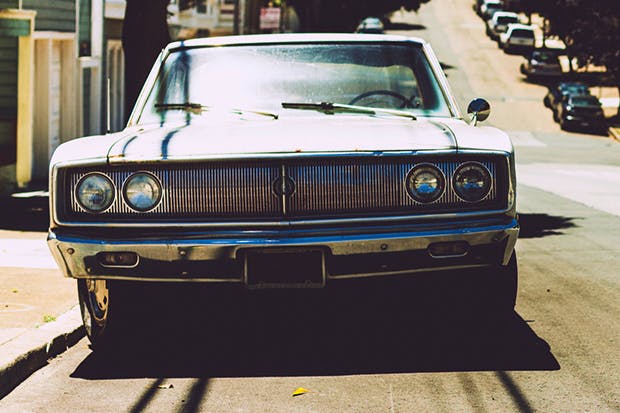
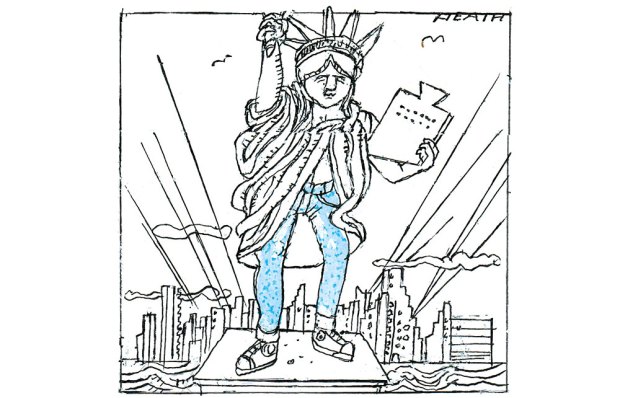
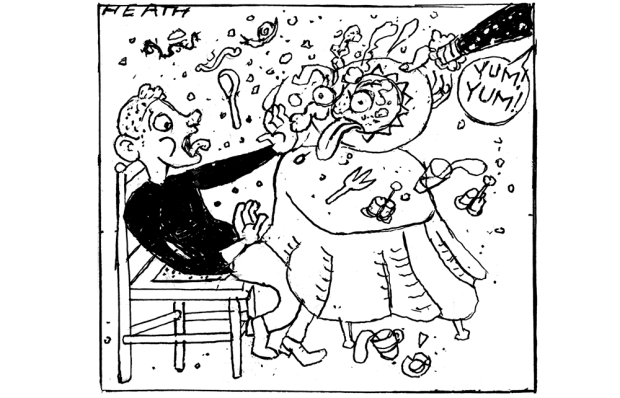

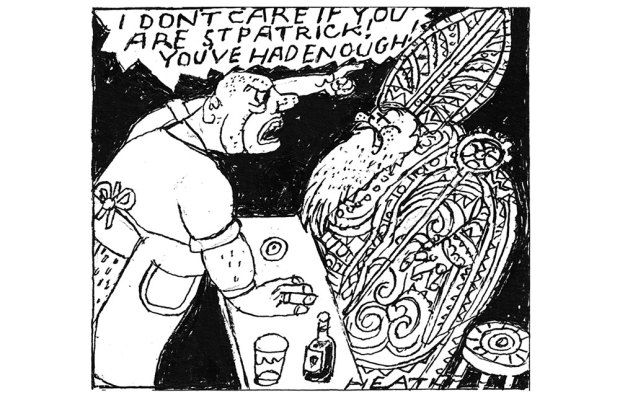
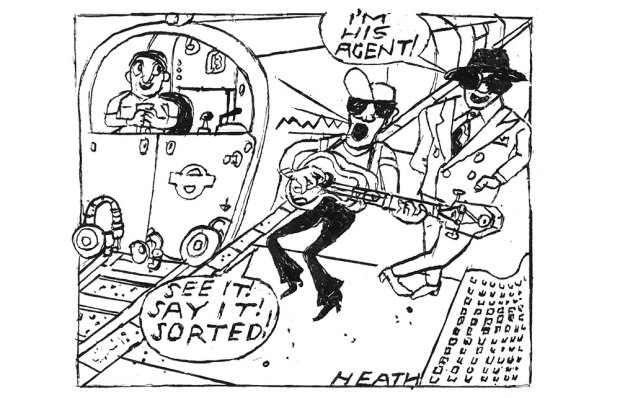






Comments
Don't miss out
Join the conversation with other Spectator Australia readers. Subscribe to leave a comment.
SUBSCRIBEAlready a subscriber? Log in